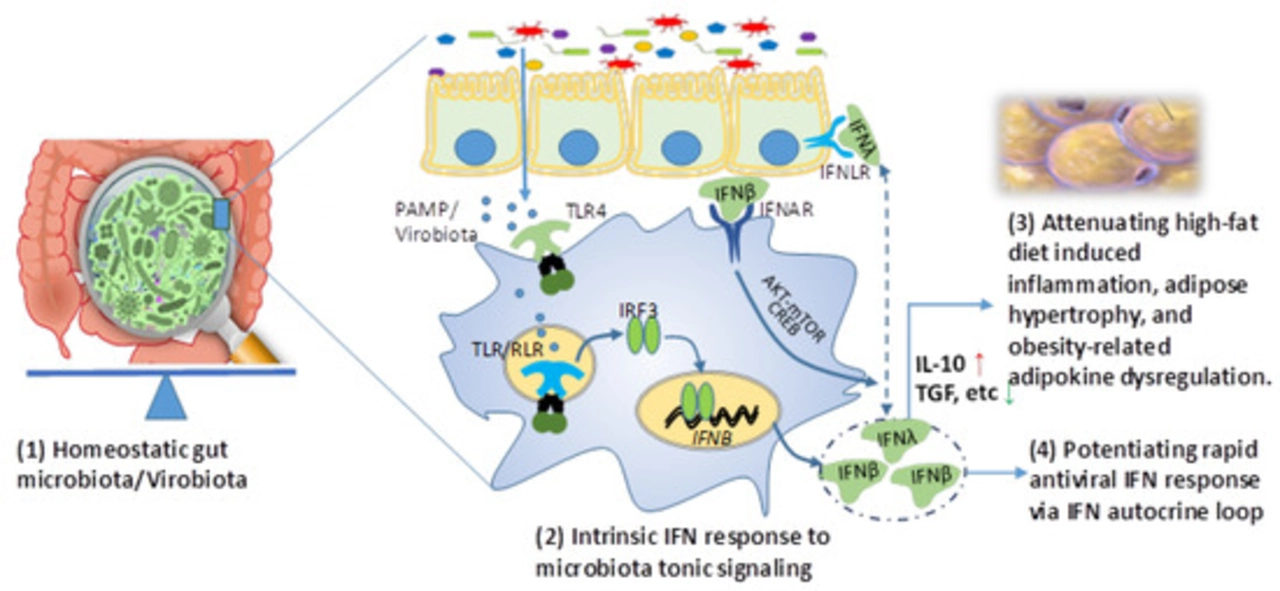Health News — Darunavir and Viral Treatment Updates
A drug once built for HIV treatment is now showing up in headlines for other viral infections. Darunavir, a protease inhibitor, has attracted research interest as scientists test whether it can help with viruses like COVID-19 or hepatitis C. Here’s a clear, practical rundown of what’s happening and what it might mean for patients.
What researchers are testing
Darunavir blocks a key viral enzyme in HIV; that mechanism led researchers to ask: can it block similar enzymes in other viruses? Lab studies (in vitro) showed mixed results—some cell tests reported reduced viral replication, while others found little effect. A few small clinical studies and observational reports looked at darunavir in COVID-19 patients, sometimes combined with other antivirals. Results were inconsistent: some groups reported modest benefit, others no clear improvement over standard care.
Why the mixed picture? Lab success doesn’t always translate to people. Effective concentrations in cells might be higher than what’s safe for patients. Also, viruses differ: the enzyme darunavir targets in HIV isn’t identical to enzymes in SARS-CoV-2 or hepatitis C, so the drug may not fit as well.
What this means for you
If you’re taking darunavir for HIV, keep taking it exactly as prescribed. Don’t switch or add doses because of news stories. If you don’t have HIV, don’t start darunavir on your own—there are risks like liver issues, gastrointestinal side effects, and important drug interactions (especially with some statins, sedatives, or heart medicines).
Should you expect darunavir to become a standard treatment for COVID-19 or hepatitis C? Not yet. Large randomized controlled trials are needed to prove benefit and define safe dosing. Some trials are ongoing, and we’ll watch those results closely.
How to read new headlines: prioritize randomized trial results over single studies or lab reports. A small hospital report can be interesting but not definitive. Look for studies with clear patient numbers, control groups, and safety monitoring.
Want practical next steps? Talk to your doctor before changing medications. If you’re following antiviral news, focus on reputable sources and updates from clinical trial registries or major health agencies. We at PharmNet will summarize key study findings in plain language so you can understand the real impact without the hype.
Final note: drug repurposing is a useful shortcut in emergencies—it can speed up options when a drug is already approved and understood. But speed still needs careful testing. Keep asking questions, read beyond headlines, and use trusted medical advice when decisions affect your health.



